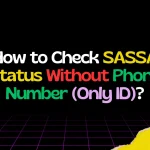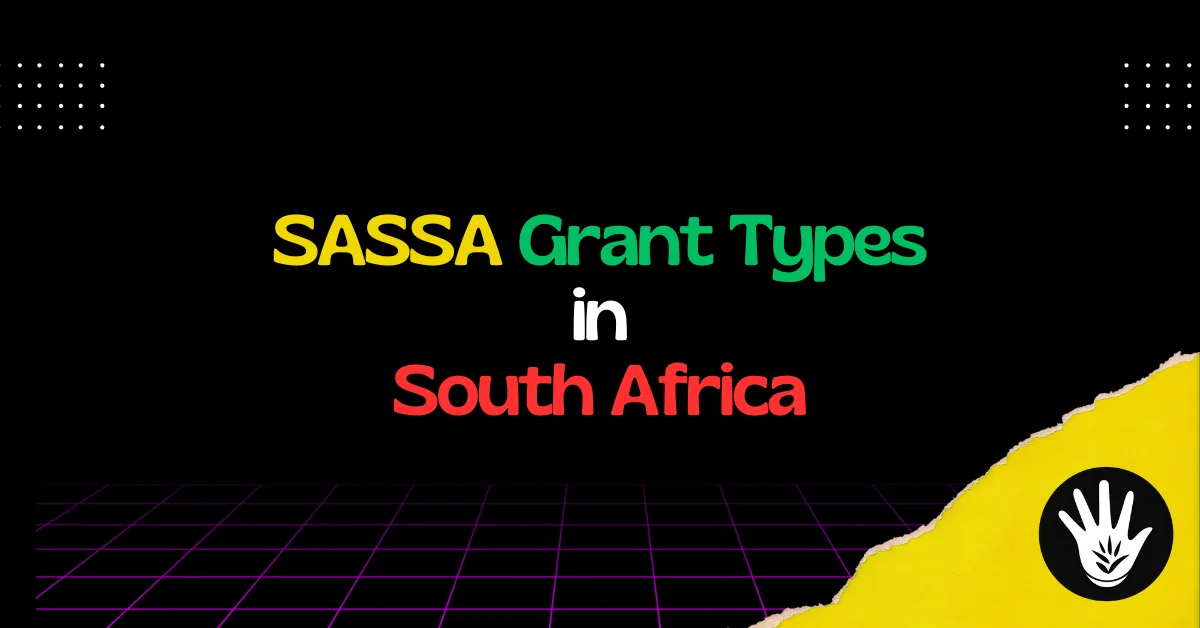Can Someone Else Collect My SASSA Grant? Here’s the Official Answer
There are times when a person just can’t get to the SASSA office. Maybe your mother is bedridden. Maybe your neighbor can’t walk after surgery.
Or your uncle’s health makes it impossible for him to stand in long queues. In such cases, someone close and trusted can help collect the grant, but only if SASSA gives written permission.
Can I Collect a SASSA Grant on Behalf of Someone Else? (Quick Summary)
Yes. SASSA allows someone else to collect your grant if you officially appoint them through a Power of Attorney. This person, called a procurator, must be approved by SASSA and present valid ID, signed forms, and proof that you’re unable to collect it yourself.
Who Can Collect on Someone’s Behalf?
According to Legalfundi.com, The South African Social Security Agency (SASSA) does allow someone else to collect a grant. But only if strict rules are followed. This setup is called a procurator arrangement.
The person collecting is the procurator. The one receiving the grant remains the beneficiary.
Why this matters: It protects vulnerable people. The elderly. The sick. Those who can’t travel or stand in queues for hours. And it stops others from taking advantage.
Yes, it’s possible to collect on someone’s behalf. But you need the right paperwork and SASSA’s approval.
What a Procurator Really Is?
Think of a procurator as a trusted helper with legal permission. It can be a daughter collecting for her father. A friend helping a neighbor. Or a caregiver standing in for someone bedridden.
SASSA uses a Power of Attorney form to make it official. Without this, even close family members can’t collect a grant.
How to Become a Procurator in South Africa?
Here’s the basic process:
- Visit a SASSA office.
Ask for the Power of Attorney form. - Fill in the details.
Names, ID numbers, addresses, both for the applicant and the person collecting. - Sign it in front of a Commissioner of Oaths.
This could be:- A lawyer
- A police officer
- A church minister
- A bank or post office official
The applicant signs or places a thumbprint. The procurator does the same. Both signatures happen in front of the Commissioner.
That signature? It’s the line between legal and illegal collection.
When the Applicant Can’t Leave Home?
Here’s where reality steps in. Some people can’t leave their beds. Others are too frail to travel.
In that case, there’s another way.
- Two people who personally know the applicant make affidavits.
- These affidavits must confirm:
- The applicant is still alive.
- They are too ill or disabled to collect their grant.
- Both witnesses sign in front of a Commissioner of Oaths.
This isn’t red tape. It’s protection. It makes sure the money goes where it should.
When SASSA Comes to You
Sometimes, SASSA sends an officer to the applicant’s home. I’ve seen it happen in my own community.
The officer helps fill in the Power of Attorney form right there. They check IDs. They make sure everyone is who they say they are.
For bedridden people, this visit can mean the difference between losing income or keeping food on the table.
SASSA Must Approve It
You can’t just show up with a piece of paper. A SASSA officer must approve the arrangement.
They’ll look at:
- The Power of Attorney form.
- Both ID documents.
- The reason a procurator is needed.
Once everything checks out, the procurator can collect the grant. But the story doesn’t end there.
SASSA may do random checks. They may ask to see the beneficiary in person. Or request proof of life.
If that proof isn’t given? The grant can be paused.
What to Bring When Collecting?
When the procurator collects the grant, they must carry:
- Their own valid South African ID.
- The Power of Attorney document.
- An affidavit confirming their authorization.
No documents, no payout. It’s that simple.
When Organizations Collect
Not all procurators are individuals. Sometimes, a registered welfare organization steps in.
For example, an old age home can collect grants for residents. But it must be officially registered with SASSA.
This protects everyone involved and makes sure funds are handled correctly.
Golden Rules to Remember
- A Power of Attorney doesn’t transfer ownership. The grant still belongs to the beneficiary.
- A procurator cannot take a cut. Not a cent.
- The arrangement can be cancelled at any time by SASSA or the applicant.
- SASSA keeps a close eye on procurators to stop fraud.
Why These Rules Exist
SASSA grants aren’t just numbers on paper. They’re lifelines.
Elderly South Africans depend on this money for food, shelter, and dignity. Sadly, in the past, some people tried to exploit the system. That’s why SASSA introduced strict verification and tight controls.
This system may feel formal. But it’s there to protect the vulnerable.
A Real Example
Last year, my aunt helped her neighbor, a kind woman in her 70s, who couldn’t walk after surgery.
They went to the local SASSA office together. Filled out the Power of Attorney. Two days later, her son legally collected her grant.
The officer explained everything clearly. And when the woman recovered, she simply returned to collecting it herself. Smooth. Safe. Legal.
Need Help?
If you’re unsure where to start, visit your nearest SASSA office.
Or call the Toll-Free Helpline: 0800 60 10 11.
You can also find updated forms and information on the official website: www.sassa.gov.za.
Key Takeaways
- Yes, you can collect a SASSA grant on someone’s behalf, if you’re officially appointed as a procurator.
- A Power of Attorney signed before a Commissioner of Oaths is required.
- SASSA may ask for proof of life.
- The grant remains the beneficiary’s property. Always.
- A procurator’s role carries legal responsibility.

I’m Lethabo Mokoena, a writer and researcher focused on the real lives behind SASSA grants. I share stories of resilience, dignity, and everyday South Africans navigating financial hardship with hope and determination.
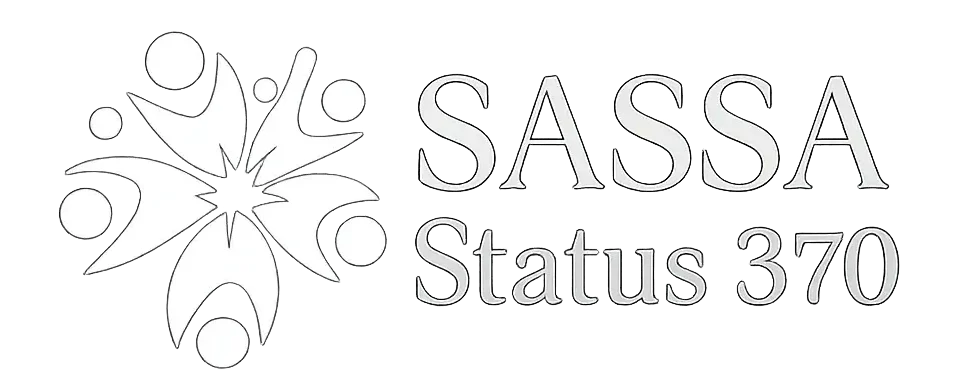
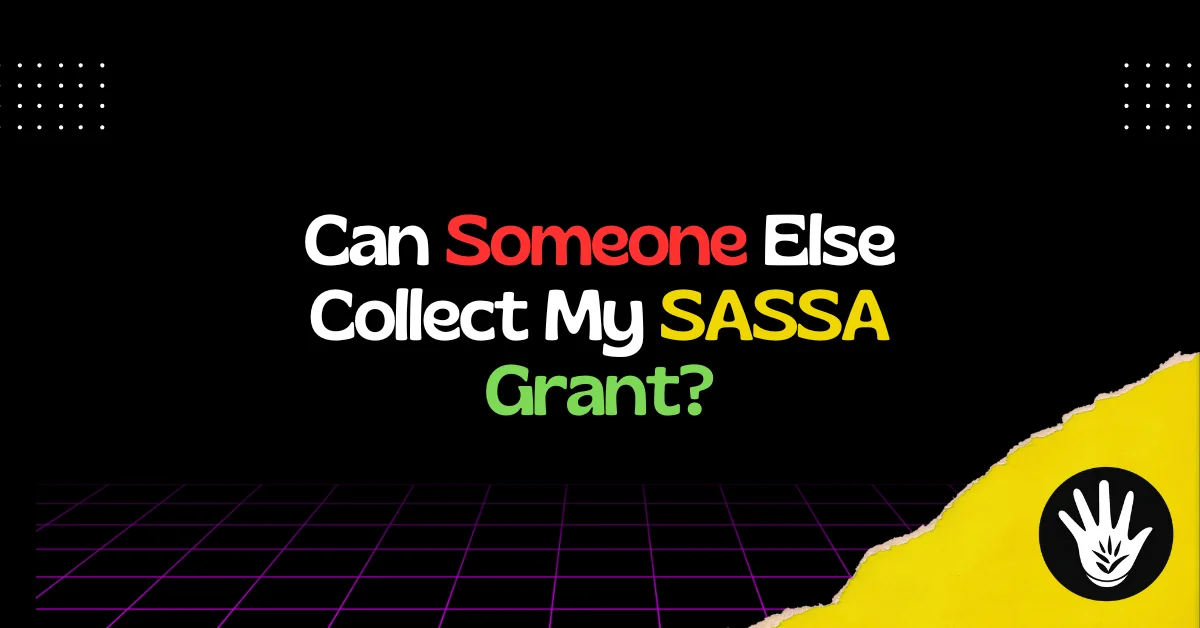
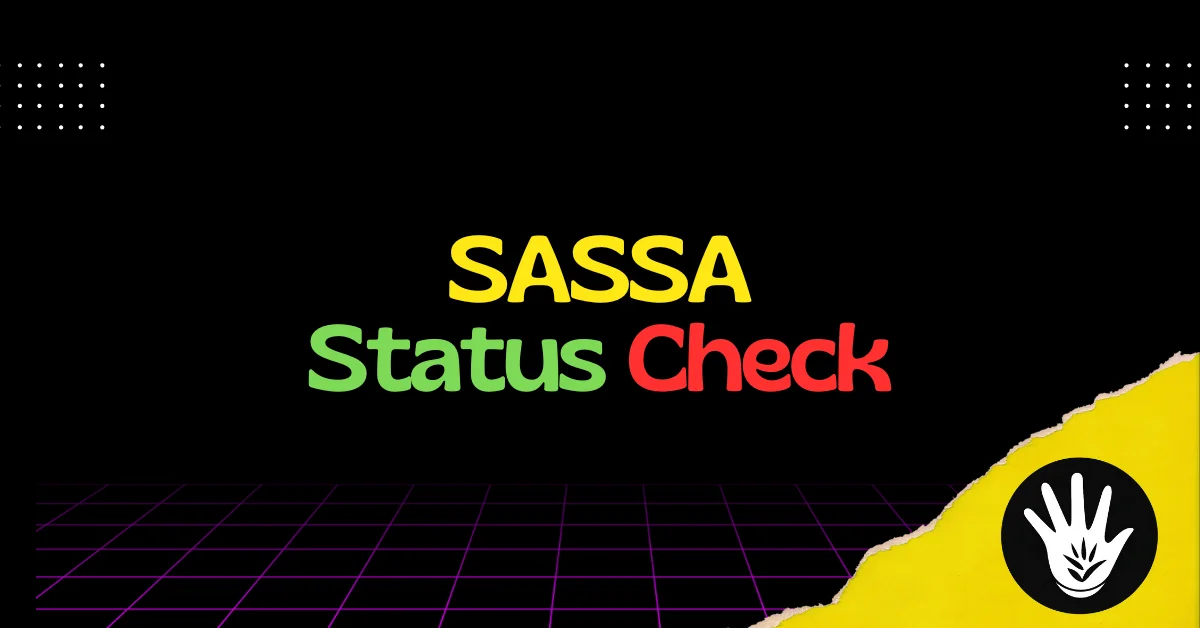
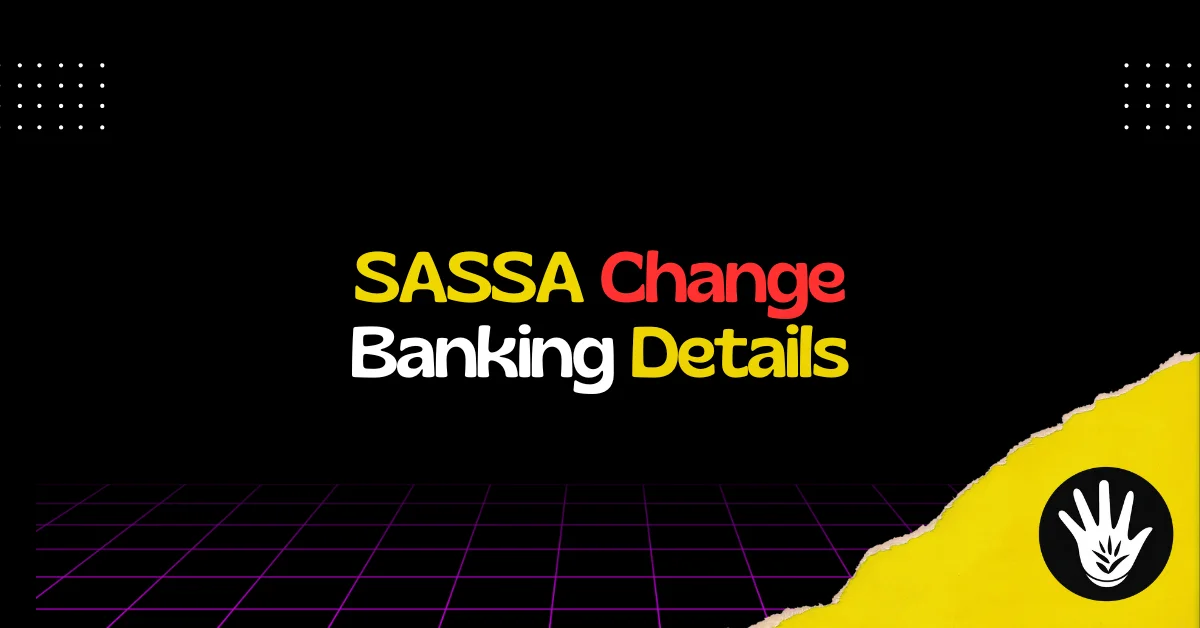
![SASSA eForms Download | Fill eForm & Apply Online [2026] Download Latest SASSA eforms Online](https://sassastatus370.co.za/wp-content/uploads/2025/10/SASSA-eForms-Download-150x150.webp)
![SASSA Payment Dates for 2025 to 2026 Schedule [Updated] SASSA Payment Dates for 2025/2026](https://sassastatus370.co.za/wp-content/uploads/2025/08/SASSA-Payment-Dates-for-2025-to-2026.webp)
